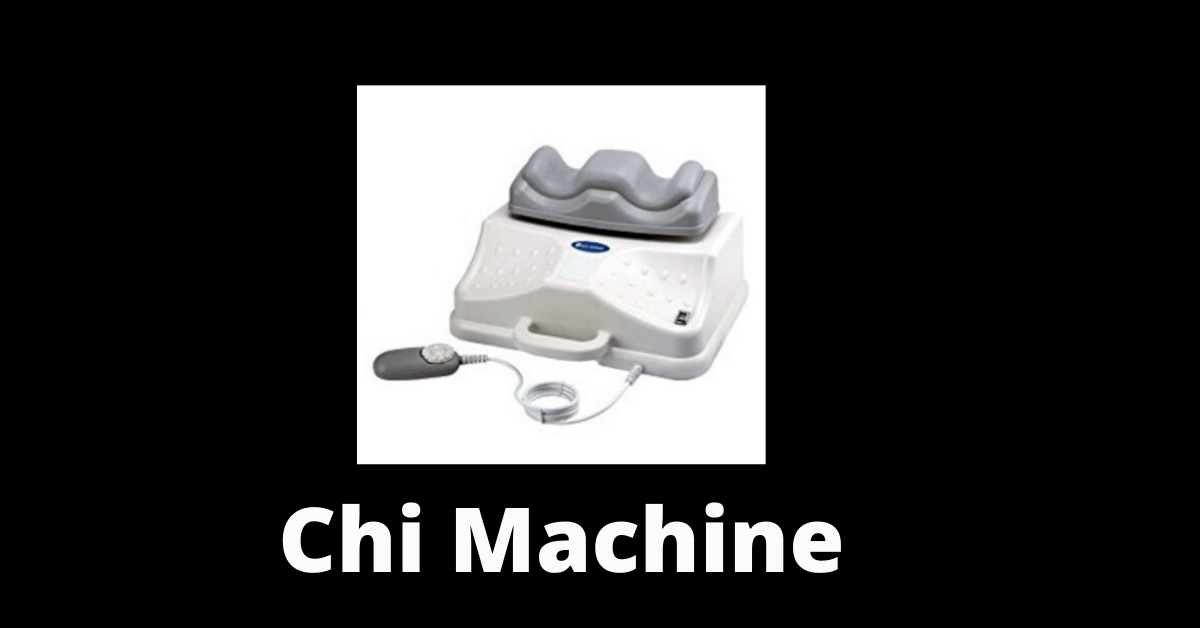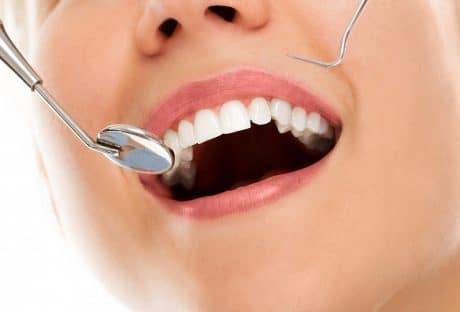Even the very well-prepared students may often experience anxiety before an important test or exam. However, people experience anxiety in different ways – more often than not anxiety during a test may have a significant impact on your final result. But how can you get yourself in a good state of mind and overcome the tension that is bound to bother you before a test? Unfortunately, there is not a 100% guaranteed method to do this, but there are many simple tips and methods which might prove to be great allies in your battle against anxiety. This post sums up seven ways to reduce exam related apprehension, and we sincerely hope that the advice below will help you beat restlessness before your next big exam:
Make Sure to be Well Rested:
Not getting a good night sleep may often increase the chance that you will experience anxiety before an important event – even if it is not an exam. Although studying all night might seem like the better option, in 90% of cases it would be a much better choice to get at least 8 hours of sleep instead of pulling an all-nighter in order to try and memorize some last minute information. Keep in mind that studying while tired is also very inefficient, so you might end up not remembering anything in addition to being extra tired and anxious in the morning.
Don’t Go in Hungry:
In addition to getting good sleep, you should make sure to wake up early enough in order to have time for a well-balanced breakfast. Remember that some people might tell you to focus on sugar-heavy food to get an energy rush, but do not forget that this will be inevitably followed by a crash. Try to have a normal breakfast – oatmeal, milk, and some fruits is usually an excellent choice.
Prepare in Advance:
This advice can be applied to a variety of situations ahead of the big day – prepare all things you need (notes, books, pen & paper) before going to bed so that you will not need to stress with this in the morning. In addition to this, there is no way to skip anxiety unless you are at least somewhat confident that you have prepared properly for the exam. Starting to study for a few weeks in advance is a great way to ensure that anxiety will not bother you when the time of the exam comes.
Be an Early Bird:
Although arriving at the exam hall too early might sound like a tedious task, it will give you time to get used to the environment, and this is bound to help improve your mood as well as to suppress stress, and boost confidence. Being late is terrible, and it is guaranteed to cause restlessness, so it is better to be at the place of the exam as early as possible.
Be Confident In Your Knowledge and Ignore What Others Do:
Many people have confidence issues when it comes to exams, and they attempt to compare their work rate to other people in the room. However, this is a terrible approach, because everyone has a different pace of work and a different way with words – people might need a few hundred words to explain something that can be summarized in fifty words. The fact that you are writing less than the others does not necessarily mean that you lack the knowledge. The best thing to do is to focus on your own work, and ignore what everyone else in the room is up to.
Manage Your Time Well:
Keeping an eye on the clock all the time. This might sound stressful, but it will actually help you reduce anxiety by allowing you to properly allocate your time so that you will have time to do all assigned tasks. Do keep in mind that if time is running out and you are nowhere near done, then it is probably best to begin ignoring the clock and focus on doing as much work as possible in whichever task you feel most confident in.
Remember that Exams Are Not a Matter of Life and Death:
Yes, failing an exam might make you miserable but, however, it is not the end of the world. Almost always there is a chance to redeem yourself, and remembering this is the best way to reduce anxiety. Not only will the thought of a second chance relieve you, but it might also help you perform better on the current exam since you will be more relaxed and confident.
Final Words:
Ideally, you will do your best following all of these tips since combining them is guaranteed to tackle anxiety and help you stay cool, calm and collected during the exam. Do not forget that the most essential advice is in the last paragraph – exams are not the most important thing in the world, and you will always get another chance even if it does not work out the first time.
If you think that you are not able to overcome your test anxiety, not confident enough to reach your goal, not intelligent enough to deal with life’s challenges then you must go for online life changing courses, SAMDA & HMF by Prof. Abdul Samad where people coming from all walks of life are changing their lives in just 1-2 sessions only. Hope to see you successful and happy in your life ahead.
Read Also:






















